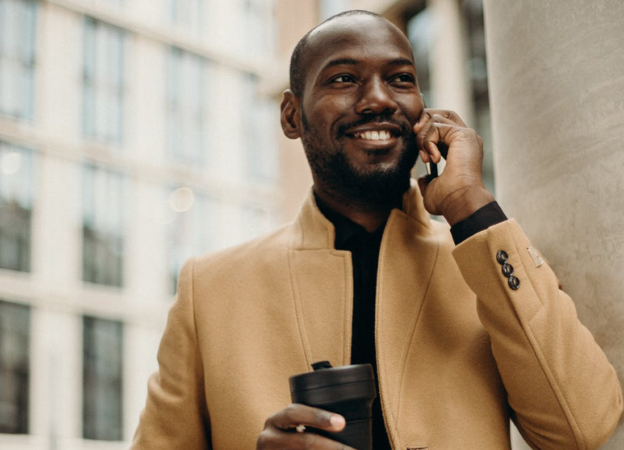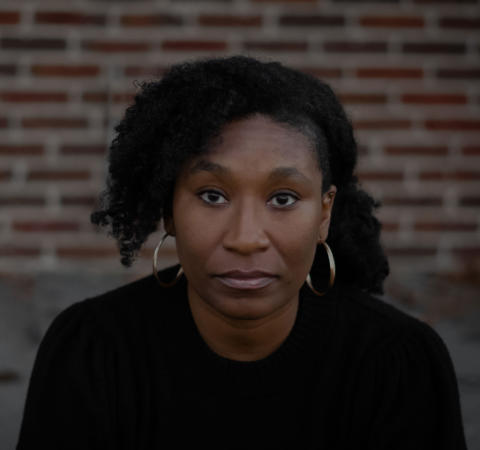Even though we’re aware of how much we contribute to the culture as Black people, many companies are just now learning how much we impact the U.S. economy. Black spending power is projected to reach $1.7 trillion by 2030, according to a report released by consulting firm McKinsey & Company. Still, Black consumers are significantly underserved, and the reality is that these inequities lead to human development challenges and cost the U.S. economy about $300 billion each year.
For companies in the marketplace that want to do right by us, the opportunity to increase loyalty, grow the bottom line and meaningfully impact Black lives is vast. The 2021 consumer report “Black consumers: Where to invest for equity” provides a blueprint on how organizations can work to better serve Black consumers, and it details the social and economic benefits of doing so.
Here are some key takeaways from the report.
We’re still working to overcome economic obstacles
Systemic racism has been part of our lives for so long that it even affects how we interact with brands, products and services. According to the report, one out of five Black households is located in a food desert. That’s eight million people living in low-income neighborhoods with little access to food. Also, we’re about two times more likely than white Americans to live in a neighborhood with limited health care services. Compared to 20% of white households, nearly half of all Black households were unbanked or underbanked in 2017. It’s time for companies to rethink the geographic range of their services given the immense opportunity to reach historically underserved communities.
We’ll keep coming back if the products and services are authentic and on point
Companies that are willing to meet our aesthetic, social and cultural needs and wants can make us recurring customers. In the report, 68% of survey respondents reported brand loyalty, and 70% said they value finding the right product more so than the price. Companies can benefit greatly from putting resources toward researching and developing culturally resonant products for Black consumers.
We’re not the same
To truly serve us, companies must realize Black people are not a monolith. Report researchers identified seven consumer categories, two of which are unique to Black people in the United States. So, all those different characteristics make a difference in our purchase trends. Also, Black consumers are most likely to fall into the trendsetters segment, meaning we’re more likely to try new products and services and recommend them to our peers.
We’re no longer fooling with any and everybody
We’re getting more particular about the brands we choose to support and won’t hesitate to switch if a product or service isn’t giving what it should. Of survey respondents, 81% indicated that dissatisfaction with a brand is a cause to keep it moving. And the leading reason for that dissatisfaction comes from a lack of diversity, equity and inclusion in the way a company presents itself. We want to see ourselves represented in every area of a company — from the advertising to Black employees working across all levels of the organization.
For additional insight and guidance on how to meet the needs of Black consumers, take a look at the full report.
This editorial is brought to you in partnership with McKinsey & Company.


